Conflict is an inevitable part of any workplace. As individuals with diverse backgrounds, experiences, and personalities come together, disagreements and tensions are bound to arise. However, if left unaddressed, workplace conflict can have detrimental effects on employee morale, productivity, and overall organizational culture. This is where Human Resources (HR) departments play a crucial role in managing and resolving conflicts effectively. In this blog post, we will explore some HR strategies for conflict resolution, aiming to foster a harmonious work environment.
- Promote Open Communication
Effective communication lies at the core of conflict resolution. HR departments should encourage open and honest communication channels among employees. By establishing a culture that values respectful dialogue and active listening, conflicts can be addressed early on, preventing them from escalating into larger issues. HR can organize workshops or training sessions to enhance communication skills and promote understanding between conflicting parties. - Establish Clear Policies and Procedures
Clear policies and procedures provide employees with guidelines for appropriate behavior and conflict resolution. HR should develop comprehensive policies that outline the steps to be taken when conflicts arise. These policies should encompass reporting mechanisms, confidentiality provisions, and a fair process for investigation and resolution. By setting expectations and ensuring consistency in addressing conflicts, HR can create a sense of fairness and transparency. - Encourage Mediation and Collaboration
Mediation is a valuable tool for resolving workplace conflicts. HR can appoint neutral mediators who are trained in conflict resolution techniques. Mediators facilitate constructive conversations between the involved parties, helping them explore underlying issues, find common ground, and reach mutually acceptable solutions. By encouraging collaboration and compromise, HR can restore trust and improve relationships between conflicting employees. - Provide Conflict Resolution Training
Conflict resolution skills are not inherent for everyone, but they can be learned and developed. HR departments should offer conflict resolution training programs for employees at all levels of the organization. These programs can cover topics such as active listening, negotiation techniques, and strategies for managing emotions during conflicts. By investing in training, HR empowers employees to address conflicts constructively and independently, reducing the need for external intervention. - Implement a Confidential Reporting System
In some cases, employees may hesitate to report conflicts due to fear of retaliation or the involvement of personal relationships. HR should implement a confidential reporting system, such as an anonymous hotline or a dedicated email address, where employees can express their concerns without fear of consequences. Ensuring anonymity fosters trust and encourages employees to come forward, providing HR with valuable information to address conflicts promptly. - Foster a Positive Organizational Culture
A positive organizational culture plays a significant role in conflict prevention and resolution. HR should work alongside organizational leaders to create a work environment that values diversity, respect, and collaboration. By promoting teamwork, recognition of achievements, and a healthy work-life balance, HR can foster a culture where conflicts are less likely to arise, and employees feel empowered to address them in a constructive manner.
Addressing workplace conflict is a vital responsibility of HR departments. By implementing effective strategies for conflict resolution, HR professionals can minimize the negative impacts of conflicts and create a more harmonious work environment. From promoting open communication and providing conflict resolution training to establishing clear policies and encouraging collaboration, HR plays a crucial role in transforming conflicts into opportunities for growth, learning, and stronger relationships among employees. Ultimately, by prioritizing conflict resolution, organizations can create a workplace where individuals can thrive and contribute to the overall success of the company.

